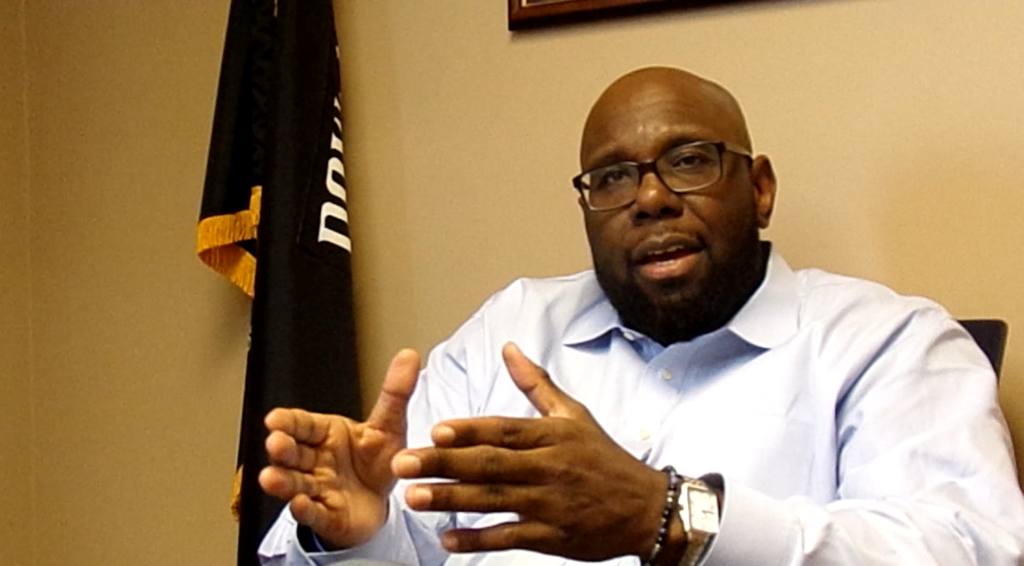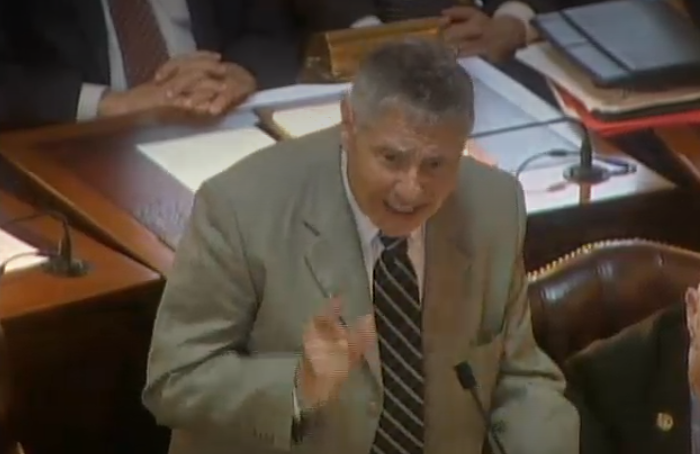
“As we continue to navigate a shortage of EMTs, it is evident that we must approach management of emergency services as a whole, rather than as disparate providers,” said Senator Singleton (D-Burlington). “These are men and women who rush to save others in their time of crisis, and it is incumbent upon us to do the same for this industry, which is at a critical juncture. By creating a statewide, comprehensive plan for the emergency services in New Jersey, we hope to improve its viability and sustainability in our communities.”
The bill, S-1416, would require the development of a Statewide Emergency Medical Services Plan with both short-term and long-term objectives that is reviewed and updated every three years. In developing the plan, the OEMS would conduct an inventory of all emergency medical services resources available within the state, conduct an assessment of the current effectiveness of the emergency medical services system of care, determine the need for changes to the current emergency medical services system of care, develop performance metrics with regard to the delivery of emergency medical services and a method for monitoring whether those metrics are being achieved, as well as other considerations.
The bill would also provide for the ability for regional plans to be developed in tandem with the statewide plan, which would be jointly developed by each county board of health in the region with consultation with local boards of health, as needed. The regional plan would be required to be reviewed and approved by the OEMS, and if approved would be added to the Statewide Emergency Medical Services Plan.
“This legislation will provide the Department of Health with tools to coordinate varied emergency responses more comprehensively and, ultimately, more effectively,” said Senator Beach (D-Camden/Burlington). “A strategic plan that incorporates public and private emergency response resources alike will improve response times and quality of care, both regionally and statewide.”
After development, the Plan would seek to accomplish the establishment of a comprehensive statewide emergency medical services system that incorporates facilities, transportation, manpower, communications, and other components as integral parts of a unified system to improve the delivery of emergency medical services and reduce morbidity, hospitalization, disability, and mortality. This would include efforts to reduce the time between the identification of an acutely ill or injured patient and the provision of definitive treatment for that patient, the promotion of continuing improvement in system components, the provision and promotion of continuing education programs for personnel, the establishment and maintenance of a process for crisis intervention and peer support services for medical services and public safety personnel, as well as other provisions.
The bill was advanced in a unanimous vote.
Assemblyman John Singleton has introduced a bill in New Jersey that proposes a statewide Emergency Medical Services (EMS) plan. The bill, known as the Singleton’s Beach Bill, aims to improve emergency medical services across the state by creating a comprehensive plan that addresses issues such as response times, training for EMS personnel, and coordination between different agencies.
The proposed plan would require all EMS providers in the state to adhere to certain standards and guidelines in order to ensure consistency and quality of care. This includes implementing protocols for responding to emergencies, conducting regular training and drills, and sharing information with other agencies to improve coordination during large-scale incidents.
One of the key components of the plan is the establishment of a statewide EMS council, which would be responsible for overseeing and implementing the plan. The council would be comprised of representatives from various EMS agencies, hospitals, and other stakeholders in the healthcare industry.
Assemblyman Singleton believes that the proposed plan will help to address some of the challenges facing EMS providers in New Jersey, such as long response times and a shortage of trained personnel. By creating a unified approach to emergency medical services, the plan aims to improve patient outcomes and overall public safety.
The bill has received support from various organizations in the healthcare industry, including the New Jersey State First Aid Council and the New Jersey Hospital Association. These groups believe that a statewide EMS plan is necessary to ensure that all residents have access to timely and high-quality emergency medical care.
Overall, Singleton’s Beach Bill represents a significant step towards improving emergency medical services in New Jersey. If passed, the bill has the potential to make a positive impact on the lives of residents across the state by ensuring that they receive the care they need in times of crisis.



